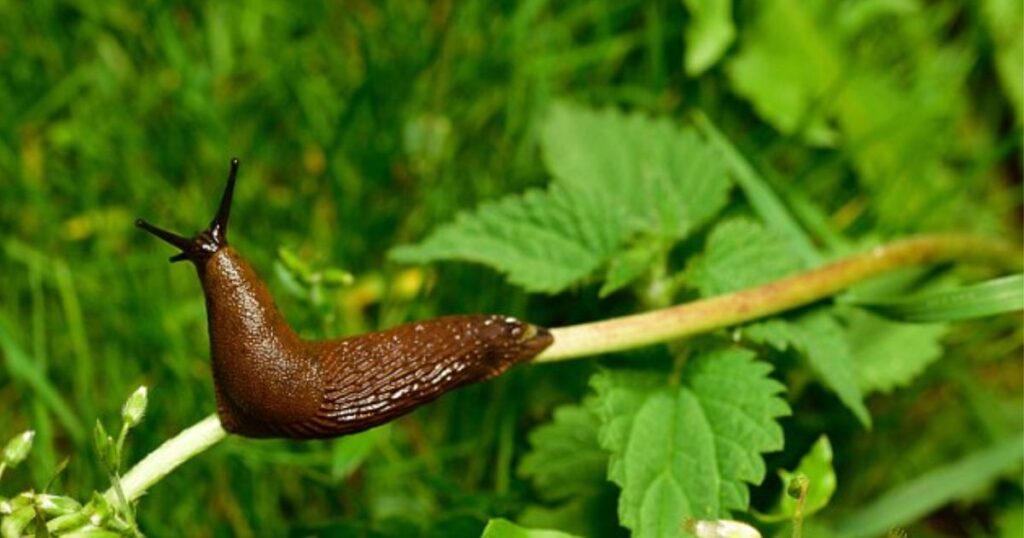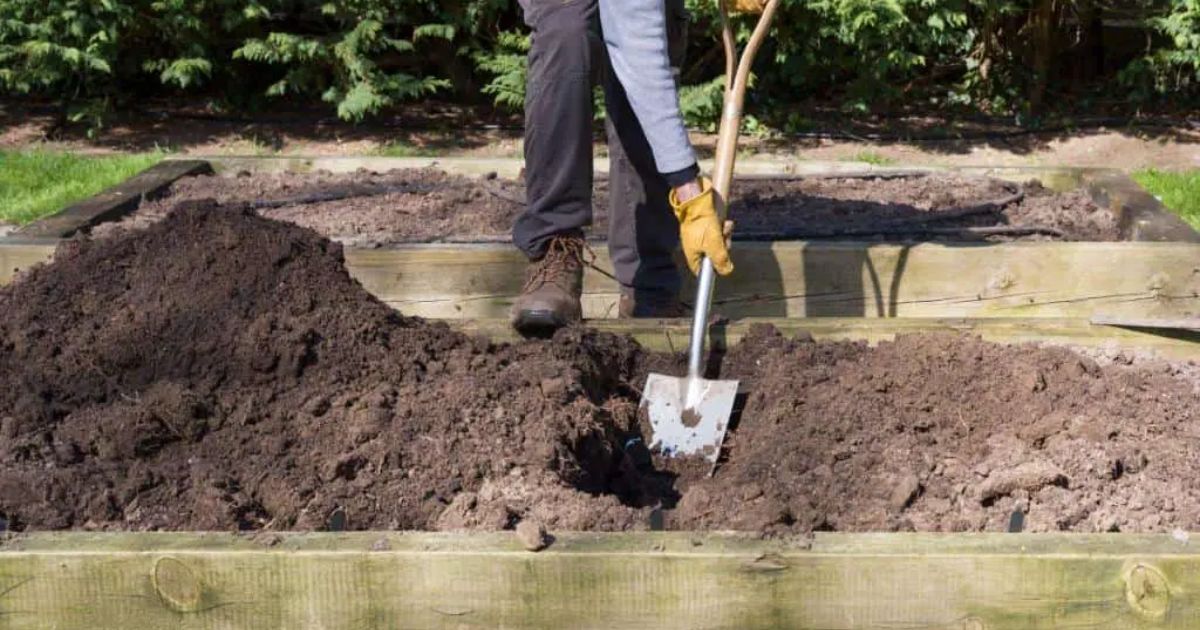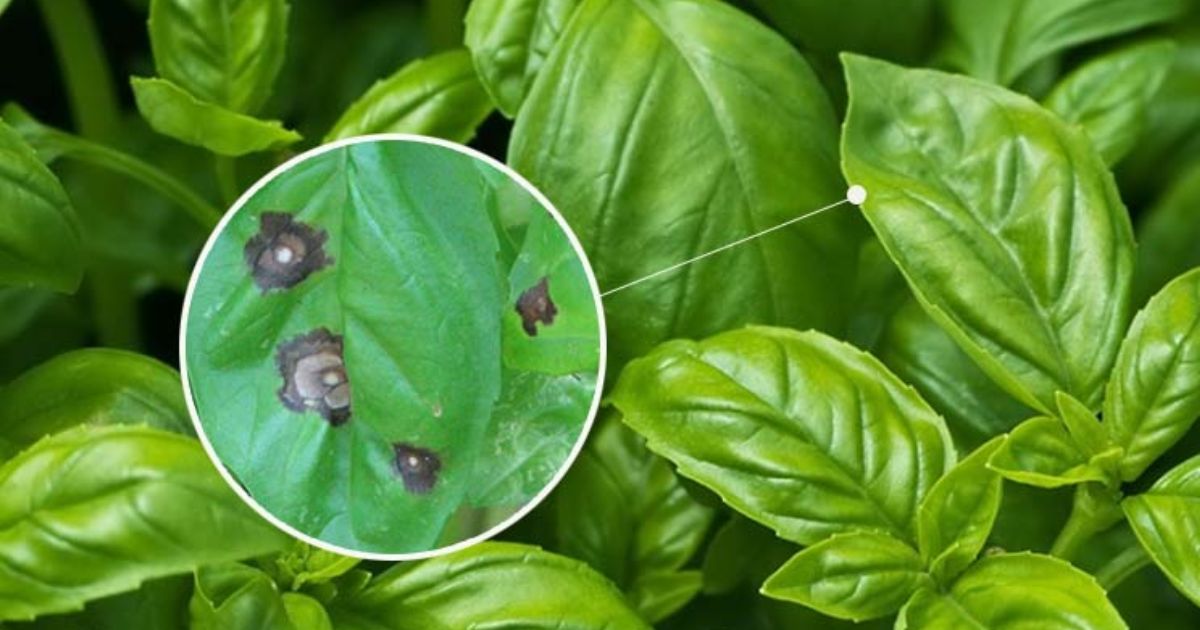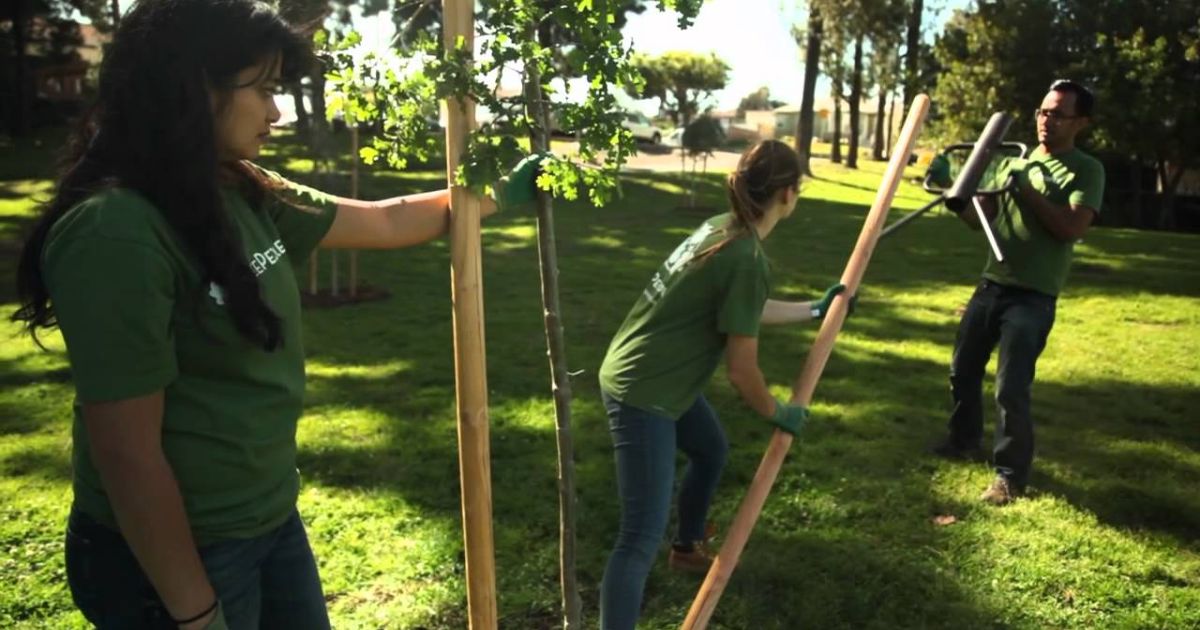Slugs are soft-bodied, slow-moving molluscs that are often overlooked or even disliked in gardens and farms. Many people consider them pests because they feed on tender plants and leaves, leaving behind unsightly trails. However, slugs are much more than garden nuisances; they are essential to ecosystems and improve soil health, plant growth, and wildlife.
In nature, slugs act as decomposers, nutrient recyclers, and a food source for other animals. They help break down organic matter, enrich the soil, and even serve as indicators of environmental health. In this blog, we’ll explore what slugs are really good for, highlighting their ecological importance and surprising benefits that go beyond their reputation as garden pests.
Natural Decomposers
One of the most critical roles slugs play in the ecosystem is as natural decomposers. Slugs primarily feed on decaying plant material, fallen leaves, fungi, and other organic matter. Consuming this material helps break it down into smaller pieces, which accelerates decomposition and nutrient recycling.This process is crucial for soil health, as it returns essential nutrientsnitrogen, phosphorus, and potassium to the soil, making them available for plants to absorb. Without decomposers like slugs, organic matter would accumulate, slowing down nutrient cycling and reducing soil fertility.
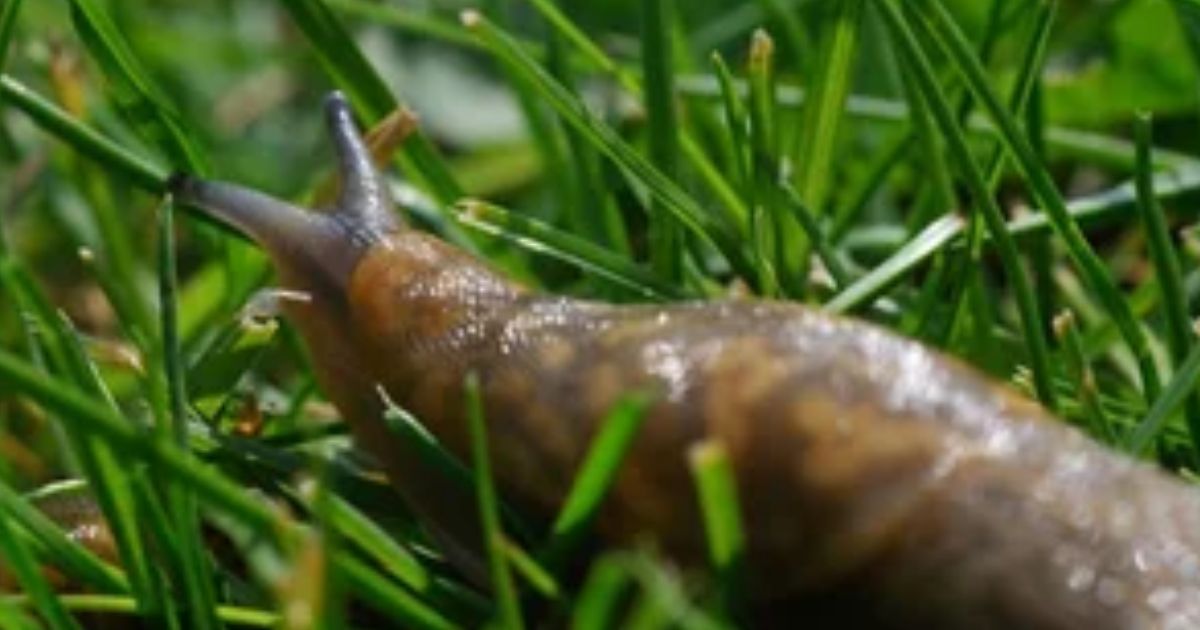
In addition to feeding on dead material, some slugs also consume mould and fungi, helping to regulate microbial populations in the soil. This makes slugs a vital part of the ecosystem’s nutrient loop, What is Biochar Used For supporting both plant growth and overall environmental balance.Slugs may be small and slow, but their work as natural recyclers keeps gardens, forests, and fields healthy and productive.how to rid of slugs
Soil Aeration and Fertility
Slugs contribute significantly to Soil health contributor aeration and fertility, which are essential for healthy plant growth. As they move slowly across the soil surface and through the leaf litter, their slimy trails and burrowing actions help loosen compacted soil. This process improves air circulation and water infiltration, allowing roots to access oxygen and moisture more effectively.
Additionally, slug droppings, often rich in partially digested organic matter, act as a natural fertiliser. These droppings enrich the soil with nutrients such as nitrogen, phosphorus, and potassium, 6 Common Causes deficiency of macronutrients in plants supporting plant growth and overall soil fertility.By enhancing both soil structure and nutrient content, slugs play an essential role in maintaining productive, healthy ecosystems. Even though they are small and slow,Biodiversity indicator their consistent activity supports plants, microorganisms, and the broader garden or forest environment.
Food Source for Other Animals
Slugs are an essential part of the food chain, providing a nutritious food source for a variety of animals. Birds such as thrushes and blackbirds, amphibians such as frogs and toads, small mammals such as hedgehogs, and even some insects rely on slugs as a readily available food source.By providing sustenance to these animals, slugs help support biodiversity and maintain balanced ecosystems. Predators that feed on slugs naturally help keep their populations in check, reducing the need for human intervention in gardens and farms.
Even though gardeners may see slugs as pests, Types of Organic Mulch and Their Benefits their role as prey highlights their ecological importance. Without slugs, many species higher up the food chain would struggle to find enough food, potentially disrupting the delicate balance of local ecosystems.In short, Ecosystem decomposer aren’t just decomposers; they are also key contributors to the diets of many wildlife species, making them a vital link in nature’s food web.
Indicators of Environmental Health
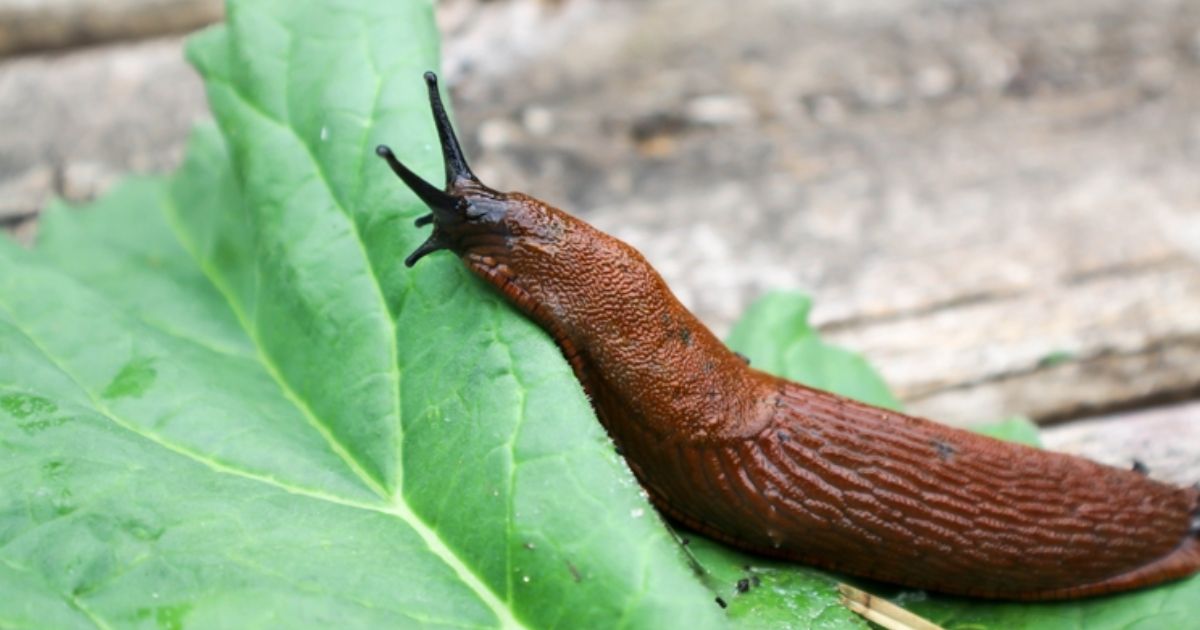
Slugs can also serve as bioindicators, helping scientists and ecologists assess the health of an environment. Because slugs are sensitive to changes in soil quality, moisture, pollution, and chemical use, their presence or absence can reveal necessary information about an ecosystem.
For example:
- A healthy population of slugs often indicates fertile soil with adequate organic matter and moisture.
- Conversely, a sudden decline in slug numbers may signal soil contamination, excessive pesticide use, or environmental stress.
By observing slug populations, researchers can gain insights into soil and ecosystem conditions without invasive testing. This makes slugs valuable not only to natural food webs but also 5 Causes of Orange Spots on Pear Tree Leaves as natural indicators of environmental balance and sustainability.In essence, slugs act as living sensors, quietly signalling the health and quality of the habitats they inhabit.
Slugs in Scientific Research
Slugs are not only crucial in nature, but they also play a valuable role in scientific research. Their relatively simple anatomy, especially their nervous system, makes them ideal subjects for studies in neuroscience, behaviour, and physiology. Researchers often use slugs to understand how nerve cells function, how learning occurs, and how environmental factors affect living organisms.
In addition to neuroscience, slugs are studied in ecology and environmental science. Scientists observe their feeding habits, reproduction, and population dynamics to better understand soil health, nutrient cycling, and ecosystem balance.By studying slugs, researchers gain insights that can improve agricultural practices, environmental conservation, and our understanding of fundamental biological processes. Despite their small size, Why Is My Clematis Turning Brown slugs contribute significantly to both practical and theoretical science, highlighting their unexpected importance beyond the garden.
Balancing Benefits and Challenges
While slugs offer numerous ecological benefits, they can also pose challenges for gardeners and farmers. Slugs feed on tender leaves, seedlings, and fruits, which can damage crops and ornamental plants. Bananas Split Open: Causes, Solutions, and How to Prevent It This often leads to the perception that they are harmful pests rather than valuable ecosystem contributors.
The key is to strike a balance, let slugs perform their natural roles while minimising crop damage. Some sustainable strategies include:
- Promoting natural predators like hedgehogs, frogs, and birds to keep slug populations in check.
- Using barriers or traps instead of chemical pesticides to protect vulnerable plants.
- Maintaining healthy garden ecosystems with mulch and organic matter, which supports beneficial soil organisms alongside slugs.
By managing slugs responsibly, you can preserve their ecological contributions to decomposition and soil enrichment, while also serving as a food source, without letting them overwhelm your garden. This approach supports both plant health and biodiversity, ensuring a thriving and balanced ecosystem.
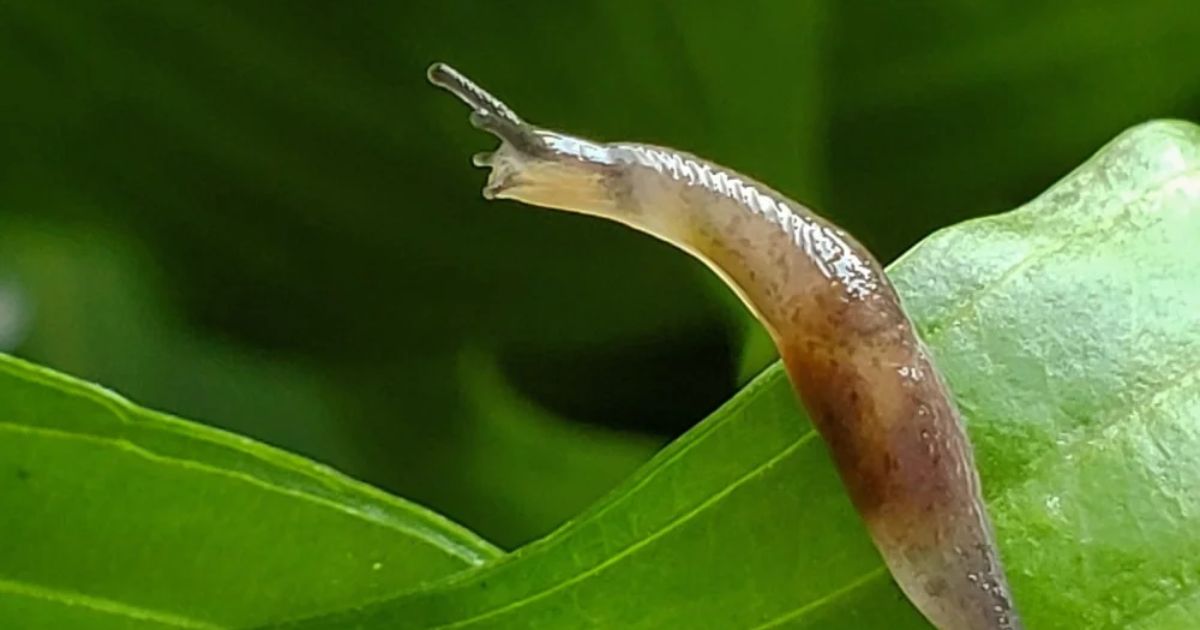
Conclusion
Slugs may often be seen as slow-moving pests in gardens, but their ecological value goes far beyond the damage they sometimes cause. They are natural decomposers, breaking down organic matter and recycling nutrients back into the soil. They help enrich and aerate the soil, serve as an essential food source for birds, mammals, and insects, and act as bioindicators of environmental health.
Additionally, slugs play a role in scientific research, providing insights into nervous system function, behaviour, and ecosystem dynamics. While they can occasionally harm plants, responsible management allows us to benefit from their positive contributions while minimising challenges. Food source for birds, frogs, beetles Understanding the actual value of slugs encourages gardeners, farmers, and nature enthusiasts to appreciate these small creatures as essential contributors to biodiversity and healthy ecosystems. By balancing their presence in our gardens and fields, we support both plant growth and a thriving natural environment.
FAQ
Are slugs harmful to gardens?
Yes, slugs can damage seedlings, tender leaves, and fruits. However, their harm is usually manageable with natural methods and does not outweigh their ecological benefits.
How do slugs help soil fertility?
Slugs feed on decaying plant material and fungi, breaking them down and recycling nutrients such as potassium, phosphate, and nitrogen back into the soil. Organically enriching it.
What animals eat slugs?
Slugs are a food source for birds, frogs, toads, hedgehogs, beetles, and some reptiles, helping sustain local biodiversity.
Can slugs be controlled naturally without harming ecosystems?
Yes. Encouraging natural predators, using traps or barriers, and maintaining healthy soil can control slug populations sustainably without resorting to harmful chemicals.
Do all slugs feed on plants?
No. Many slugs prefer decaying organic matter, fungi, and detritus, while only some species feed on live plants.
How can slugs indicate environmental health?
Healthy slug populations often signal good soil moisture, sufficient organic matter, and low pollution levels, making them useful bioindicators of ecosystem conditions.

